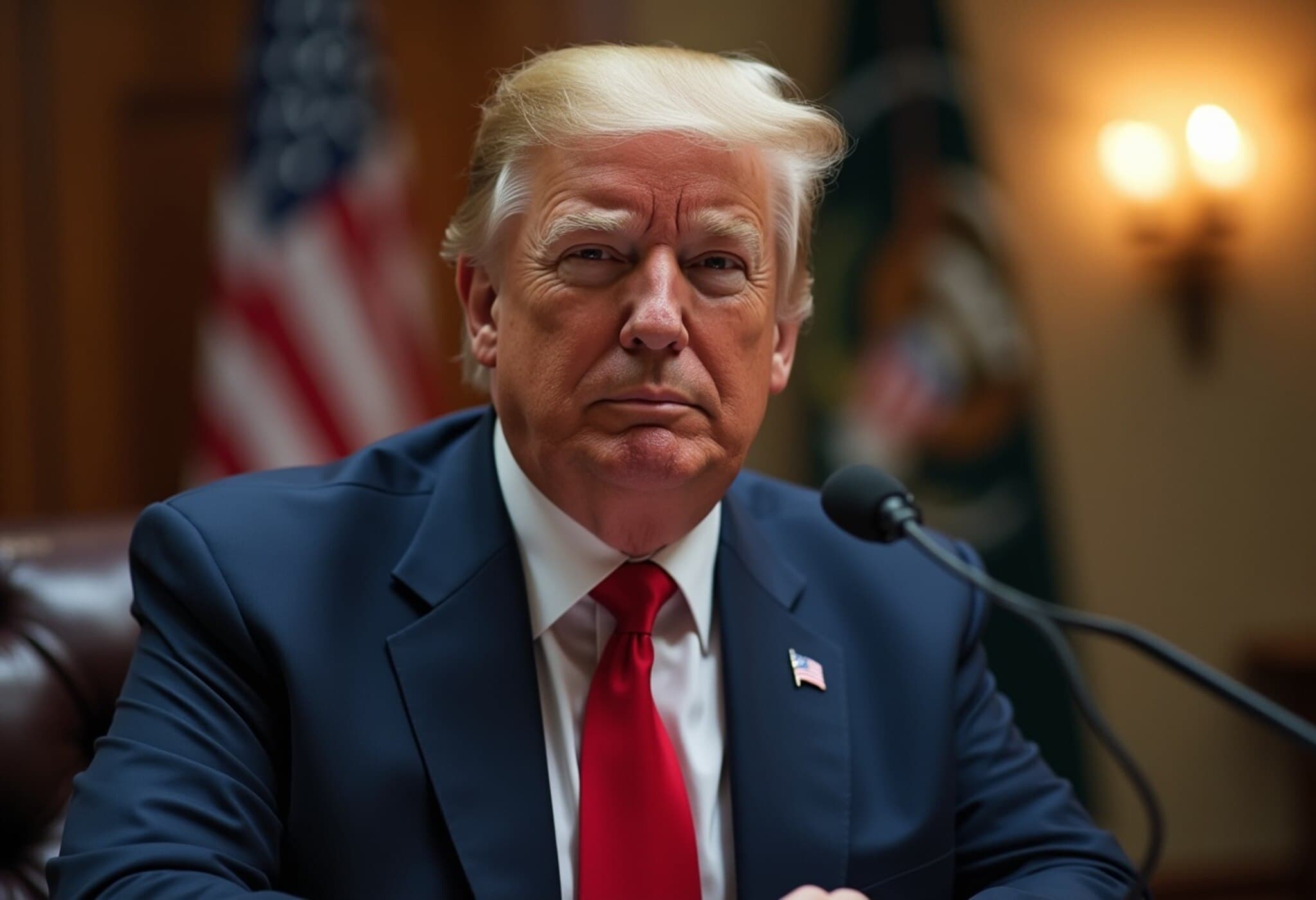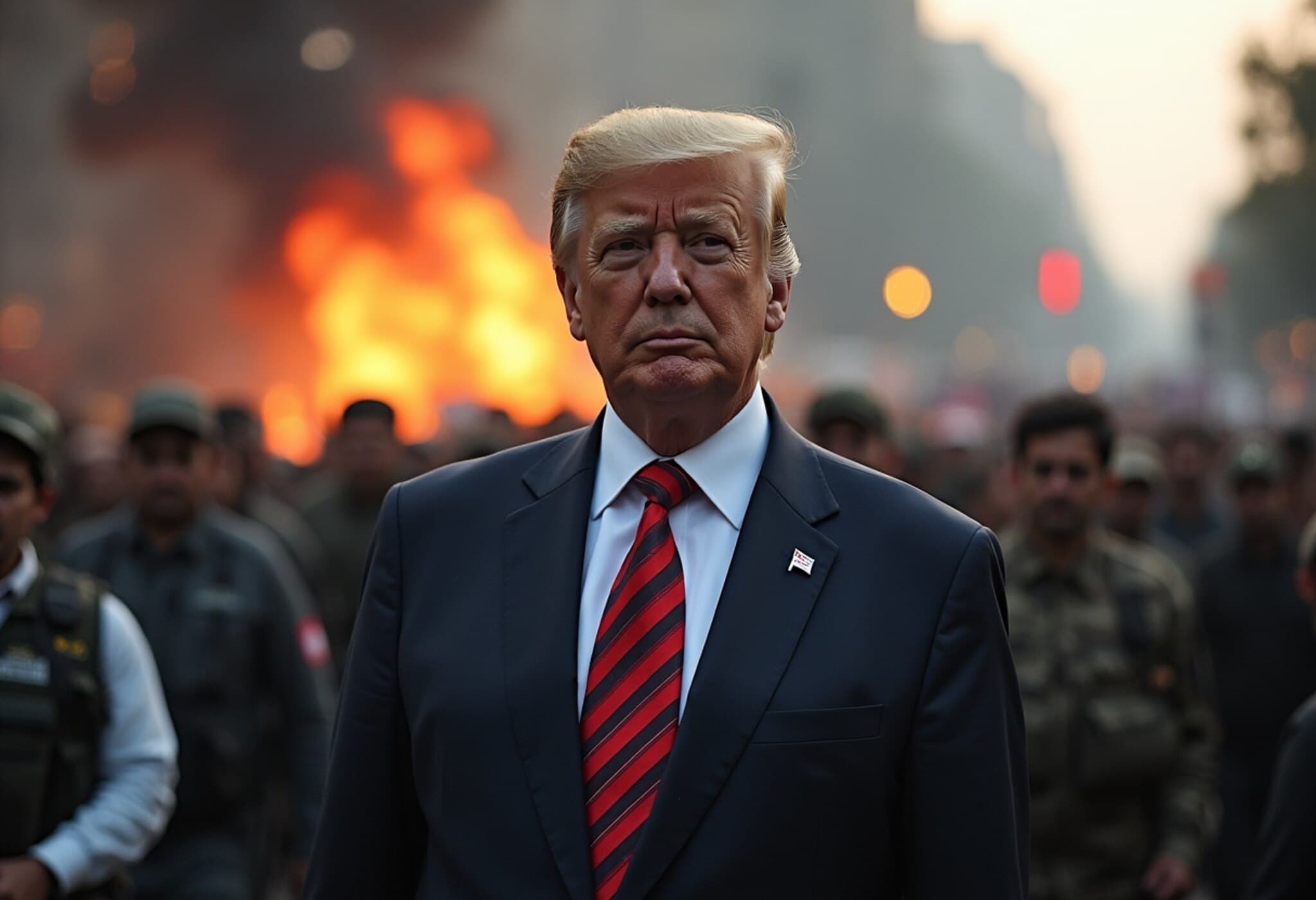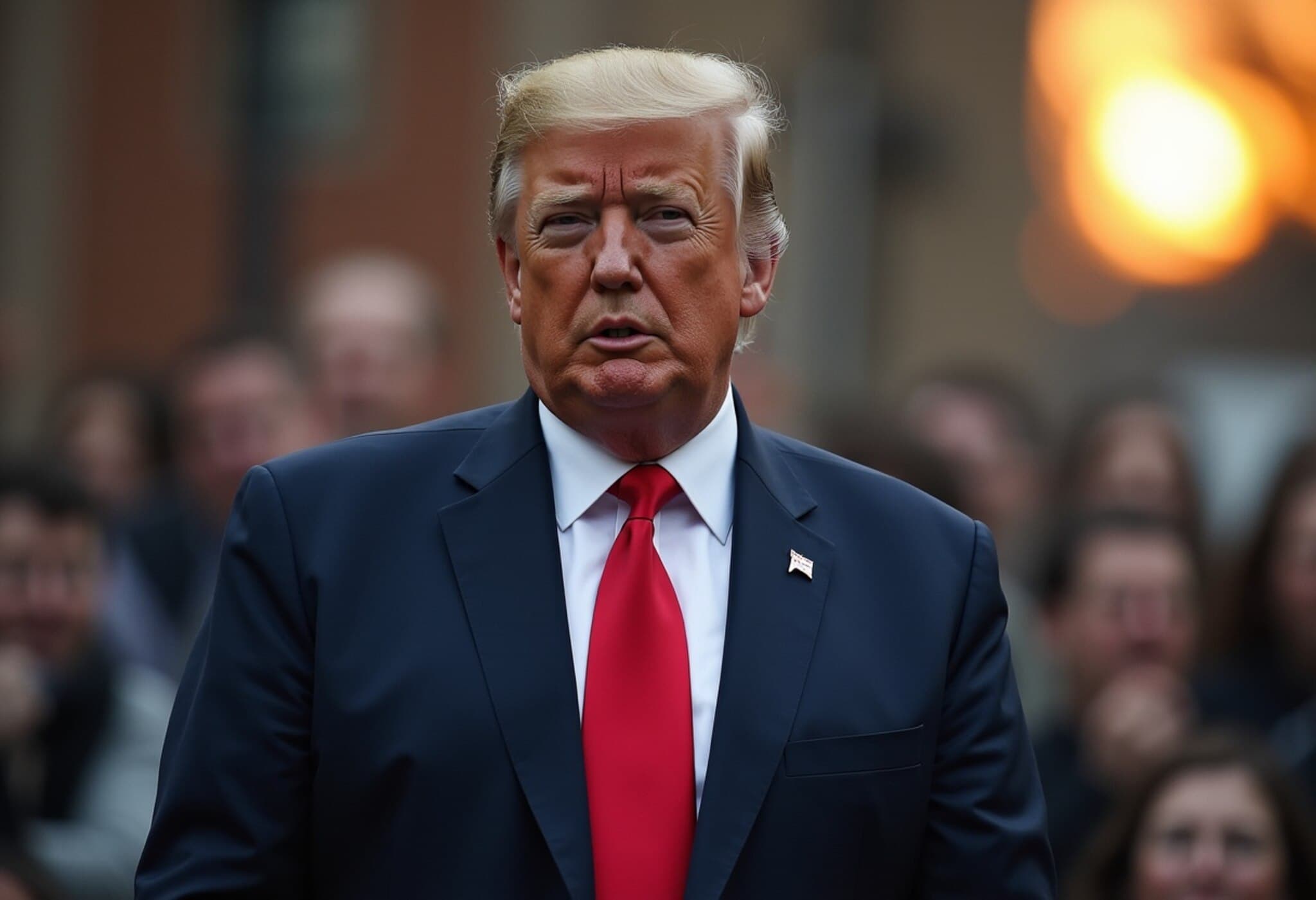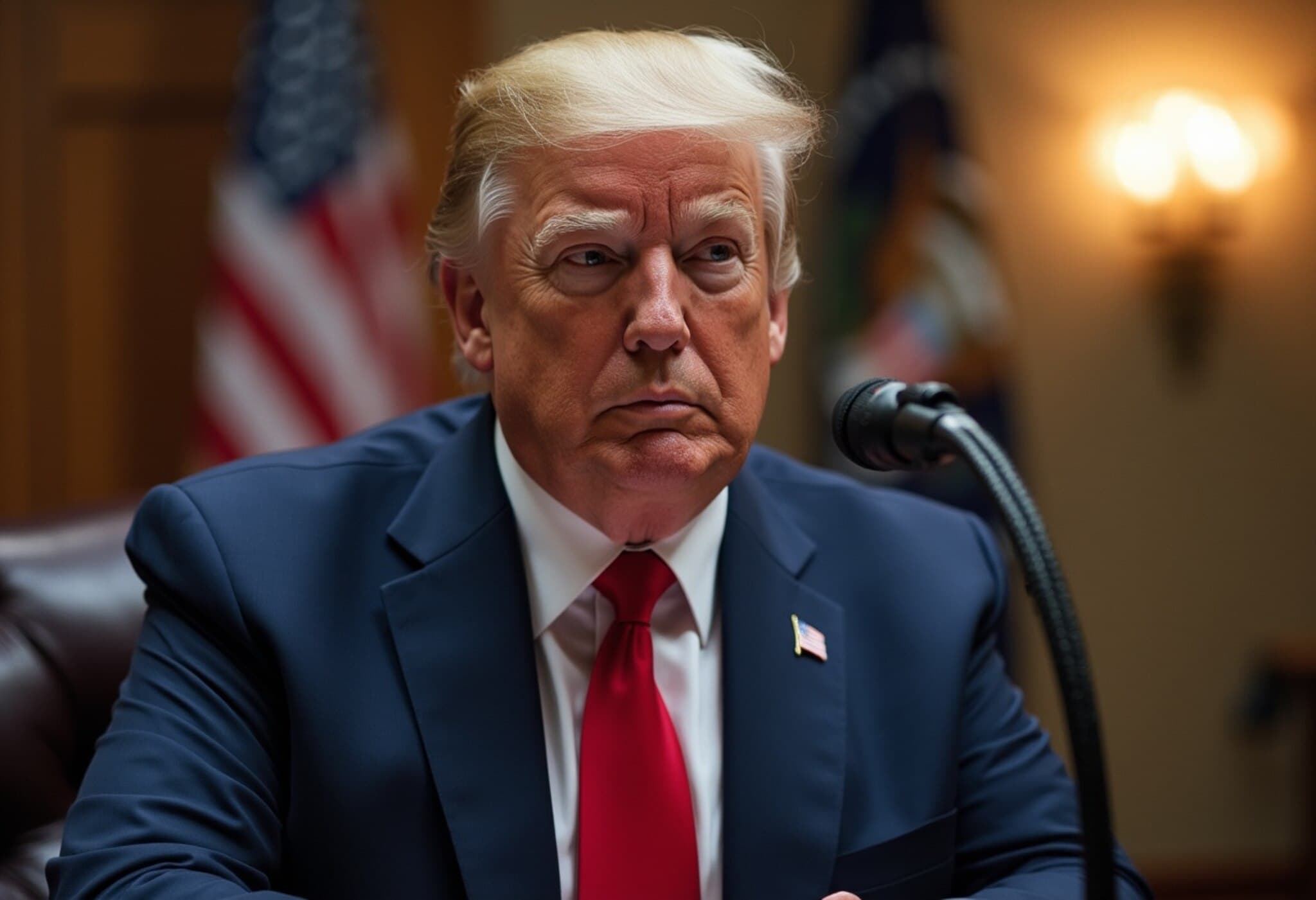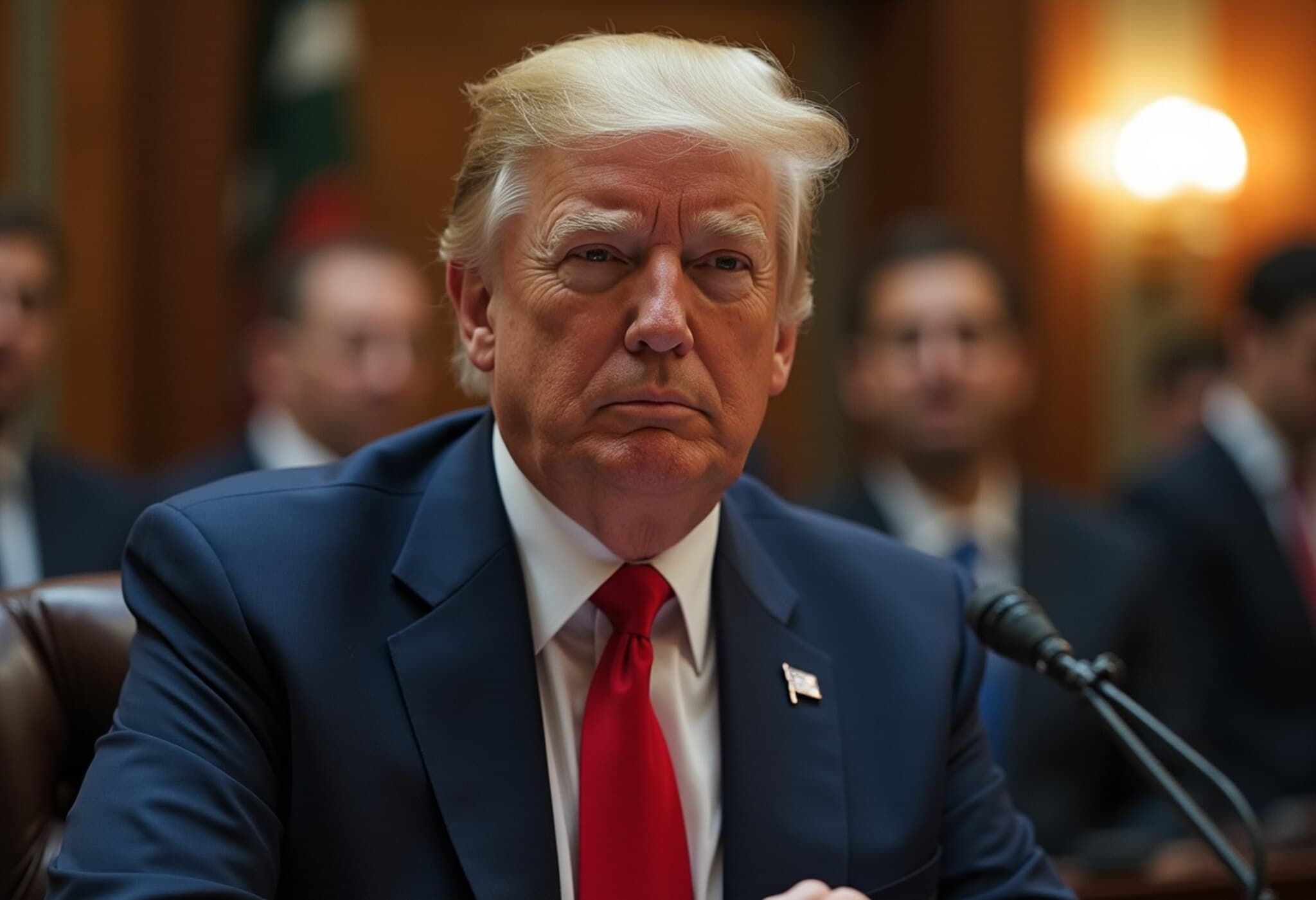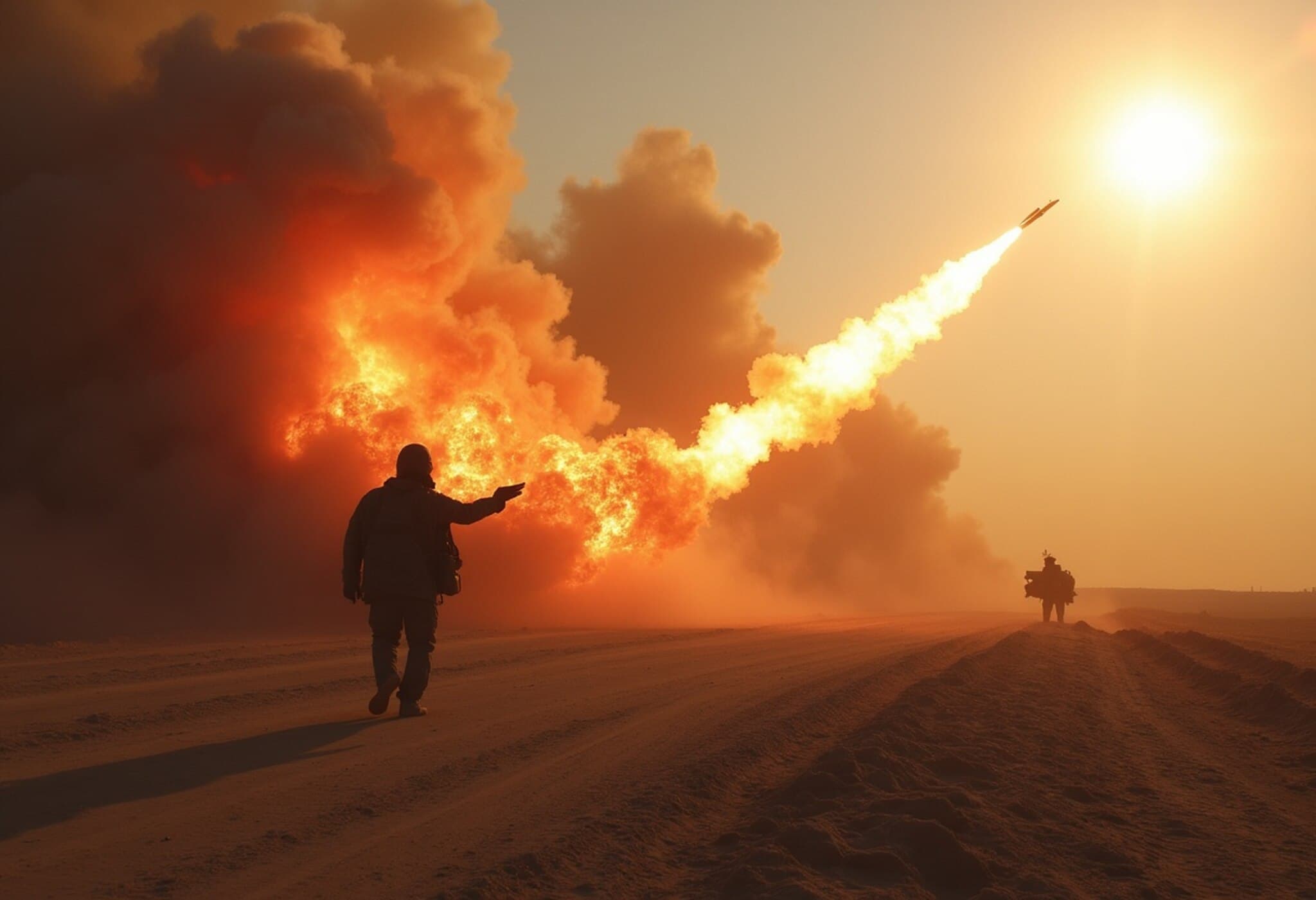Pakistan Nominates Trump for Nobel Peace Prize Over India-Pakistan Mediation
In an unprecedented move, Pakistan has officially recommended former US President Donald Trump for the Nobel Peace Prize, applauding his pivotal diplomatic role during the recent escalation between India and Pakistan. Islamabad described Trump's intervention as demonstrating "great strategic foresight" and "stellar statesmanship," crediting him with helping to de-escalate tensions that threatened to ignite a broader conflict between two nuclear-armed neighbors.
Trump's Response: A List of Peace Achievements Without the Prize
Despite the nomination, Trump remains skeptical about ever receiving the Nobel Peace Prize, stating publicly that he believes the award often eludes him regardless of his diplomatic efforts. On his social media platform, he highlighted multiple global peace initiatives credited to his administration, from brokering a treaty to end decades of deadly conflict between Congo and Rwanda—set to be signed soon in Washington—to managing regional tensions in Serbia-Kosovo and Egypt-Ethiopia.
Trump further referenced his role in the Abraham Accords, describing the agreement as a potential landmark unifier for the Middle East with the possibility of more countries joining. He also mentioned his involvement in moderating the Russia-Ukraine and Israel-Iran disputes, emphasizing that while the chances of receiving the Peace Prize seem slim, the acknowledgment from the people matters most to him.
Backdrop: The India-Pakistan Crisis and Trump’s Mediation Claims
The crisis originated after a terrorist attack on April 22 in Kashmir’s Pahalgam region, killing 26 civilians. This incident triggered a four-night military confrontation involving cross-border shelling and drone activity. Islamabad credits Trump’s diplomatic engagement with both India and Pakistan for the subsequent ceasefire, which was publicly announced on May 10. Trump claimed that the ceasefire was a result of his mediation and described the event as a "long night" of talks facilitated by Washington.
India’s Rebuttal and the Complexities of Ceasefire Negotiations
Contrary to Trump’s statements, Indian officials have firmly denied any third-party mediation in the ceasefire agreement. India maintains that the cessation of hostilities followed direct negotiations between the Directors General of Military Operations (DGMOs) initiated by Pakistan. Foreign Secretary Vikram Misri asserted that Prime Minister Modi clearly communicated to Trump that third-party mediation was never on the table following the conflict escalation. Additionally, India refuted suggestions linking the ceasefire to trade negotiations with the US.
Continuing Diplomatic Engagements
Highlighting ongoing political dialogues, Trump recently hosted Pakistan’s Army Chief General Asim Munir at the White House, thanking him publicly for his role in preventing a war. Trump also confirmed active trade discussions with both India and Pakistan, aiming to foster better relations beyond the immediate crisis.
What’s Next for the Nobel Peace Prize?
The Nobel Committee, composed of five members elected by the Norwegian Parliament, will decide on the recipient by September, with the formal announcement slated for October. Whether Trump’s nomination will advance remains to be seen, but Pakistan’s endorsement marks a significant endorsement of his diplomatic record in this regional conflict.
Key Points:
- Pakistan officially nominated Donald Trump for the Nobel Peace Prize citing his role in de-escalating the India-Pakistan conflict.
- Trump highlighted numerous global peace efforts but expressed doubt about receiving the award.
- The India-Pakistan ceasefire preceded by a deadly terror attack and subsequent military exchanges.
- India dismissed claims of US mediation, affirming ceasefire talks were bilateral.
- Ongoing diplomatic and trade talks continue between the US, India, and Pakistan.











